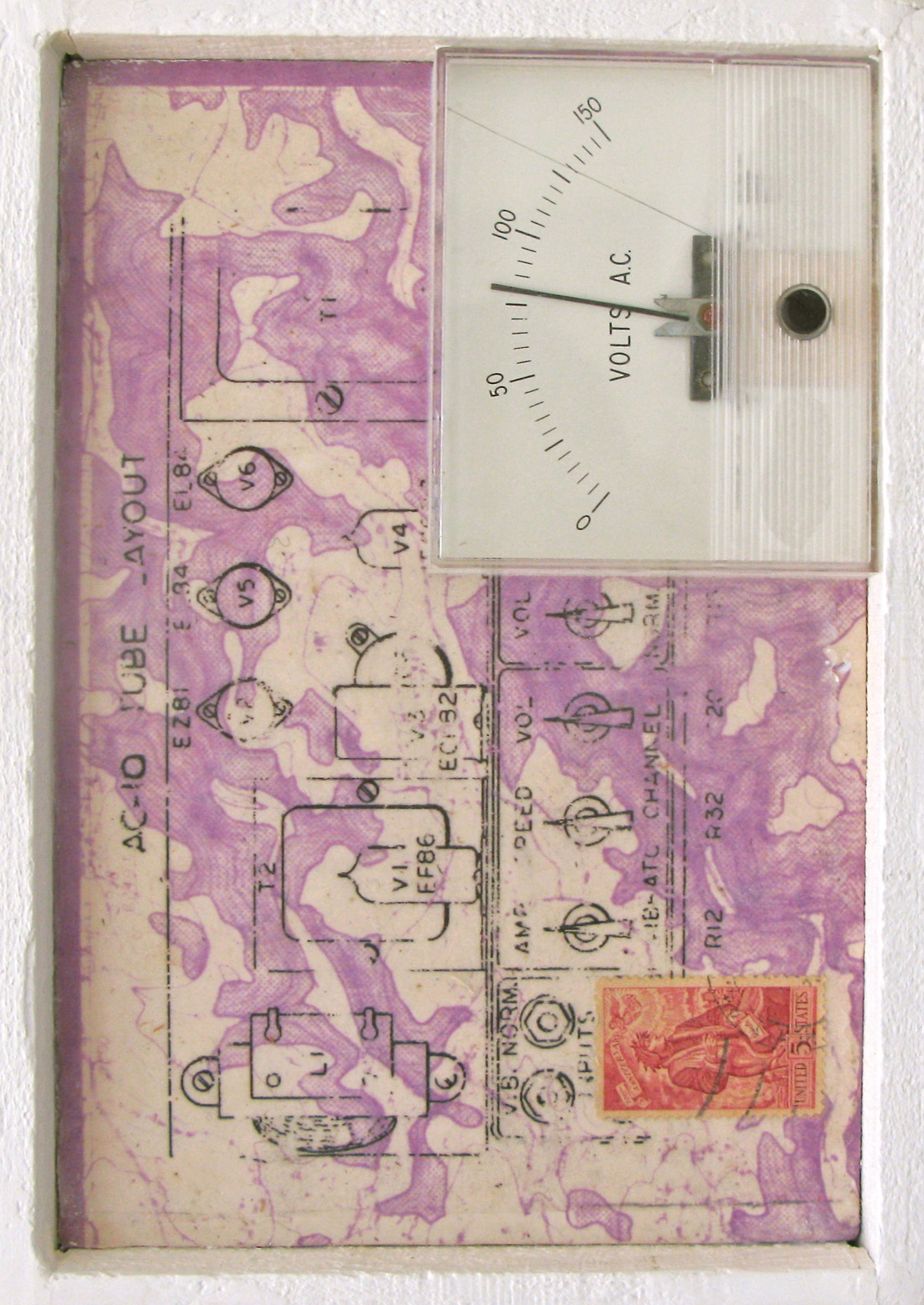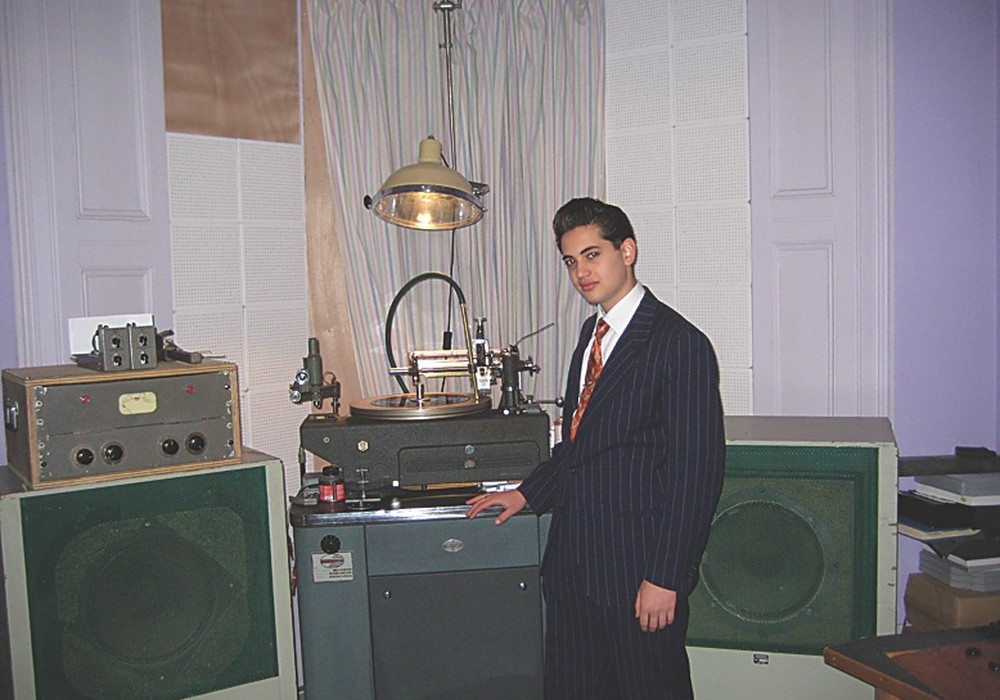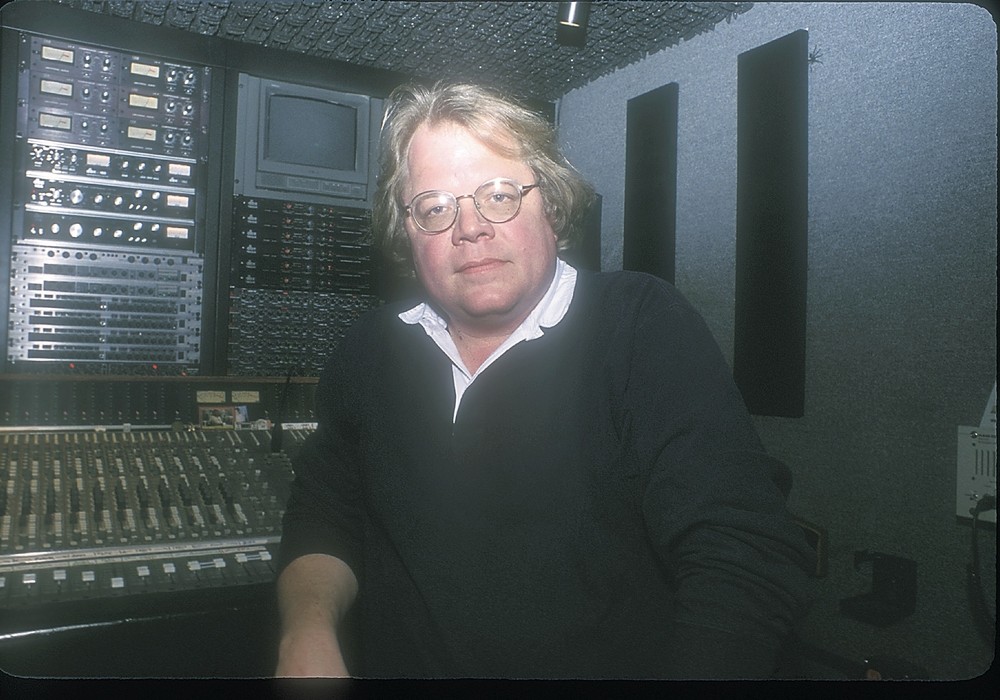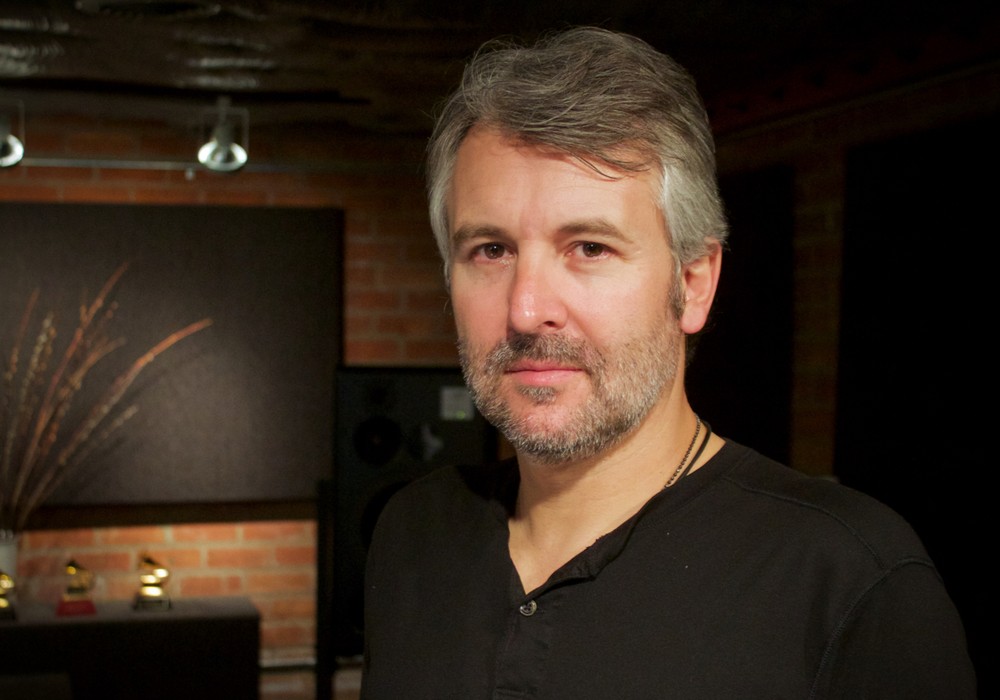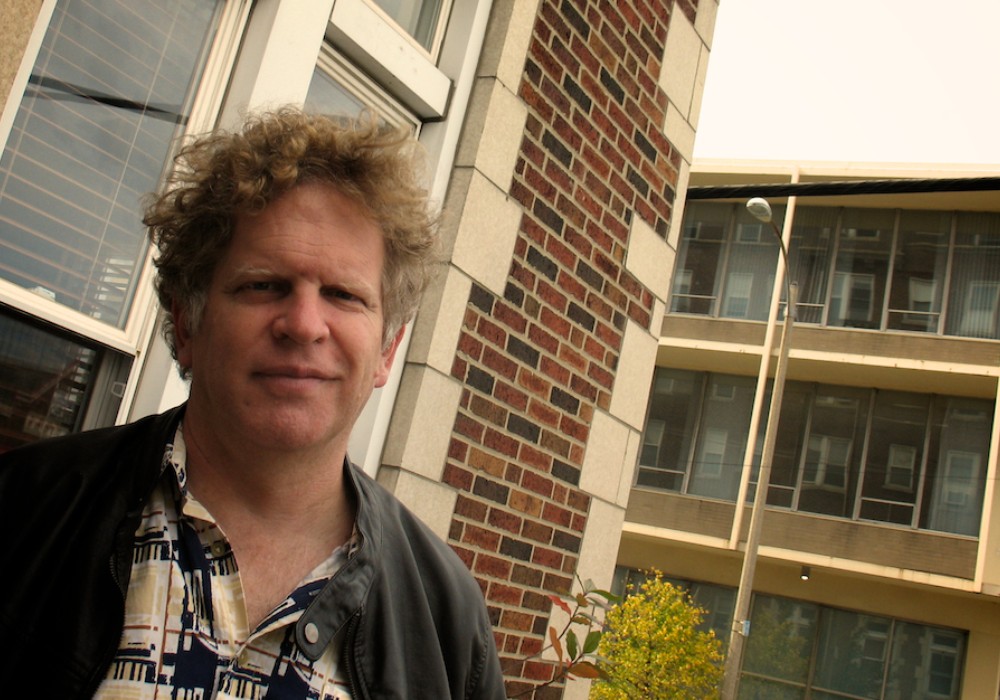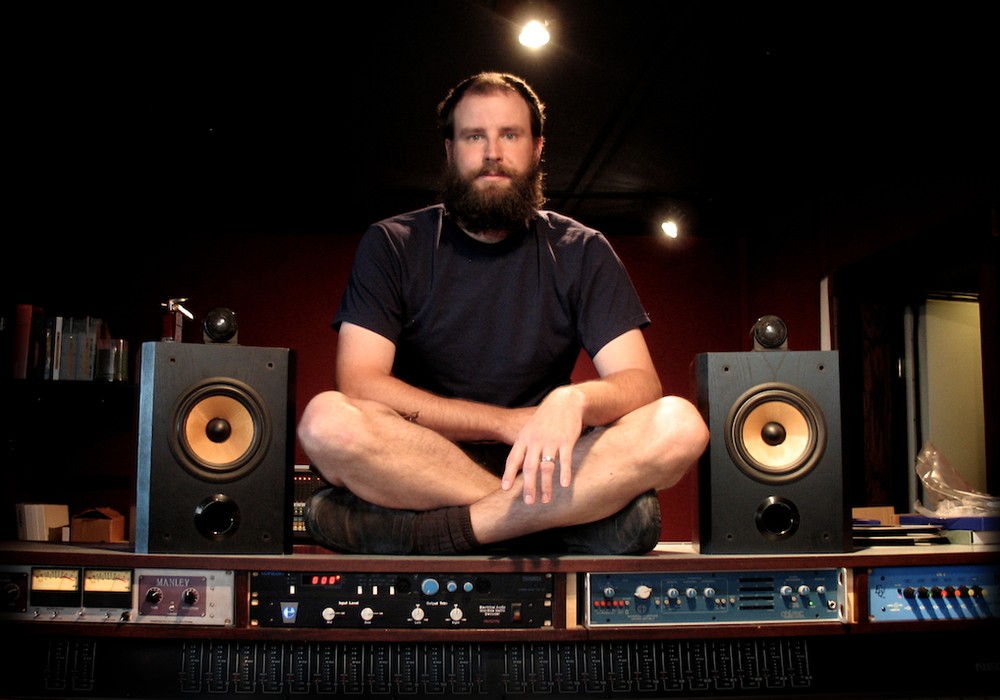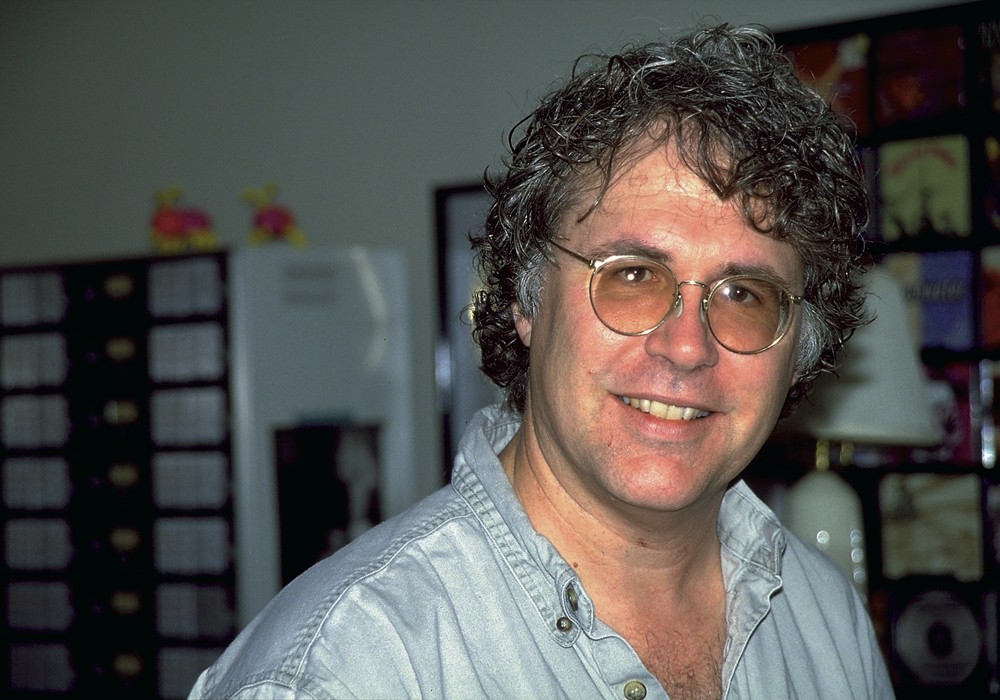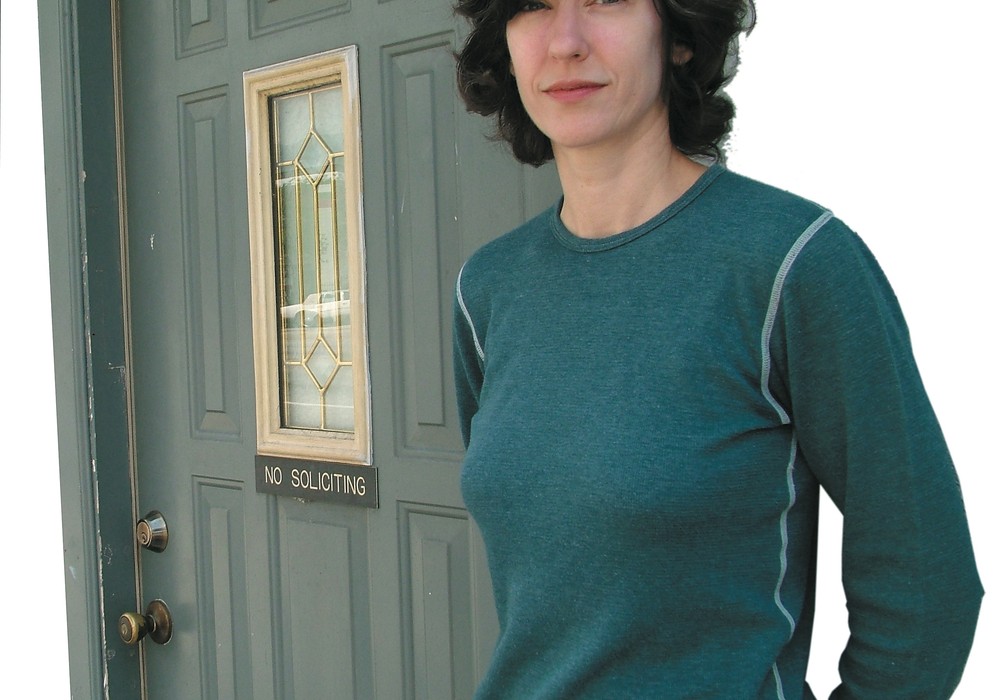1. Commander of the Most Excellent Order of the British Empire: really.
2. Record Producer: known for albums and hits by ABC, Seal, Frankie Goes to Hollywood, Yes, Dollar, Belle and Sebastian and Grace Jones.
3. Musician, songwriter and singer: as heard in The Buggles, Yes and Art of Noise.
4. Record label owner: ZTT Records. 5. Studio owner: SARM Studios in London.
Trevor is all of these, and more. We sat down with him in his offices at the soon-to-disappear SARM Studios one afternoon. One thing I can tell you is that the man who crafted some of the wildest-sounding pop hits of the '80s was a delight to meet and chat with.
LC: I heard that you worked as a session musician in the '70s.
Well, my father was a bass player in a dance band, as well as being an engineer. I played double bass in the school orchestra and then I started to play electric bass guitar. Bass guitar was a very new instrument in the mid-'60s and few people could read for it. I could sight read. I made my way from the provinces down to London. I worked in London throughout the '70s and played on all kinds of shit records for people. Then I went home and built a recording studio with another guy; but I came back to London again and I kind of made up my mind to try to be a producer. It took me about five years.
LC: Were The Buggles factored into the production part of it?
The Buggles were a fantasy band — it was 1978 when we wrote "Video Killed the Radio Star" (with Bruce Woolley) and we could all feel that a lot of new technology was coming. We knew, because we had heard [Kraftwerk's] The Man-Machine - to me The Man-Machine was about 20 times more exciting than punk rock. Punk rock was just badly recorded rock. The way it's been made into these super-slick American records — Foo Fighters are a great example of punk that's been beautifully crafted. But to me it was pretty boring back then. The Man-Machine was fascinating — the idea of a mechanical rhythm section, as well as being able to control things. If you think of the end of the '70s, there was that whole school of beautiful recordings that everybody admired, like Elton John and Led Zeppelin. They still stand up today. But when you're not part of that scene and you're coming from somewhere completely different, you have to find something that you want to do. And technology was the most exciting thing to me.
LC: As far as MIDI programming and synthesis?
MIDI I never liked too much. I always preferred CV [control voltage] and gates. I think I was the first producer — definitely in England — who had a "rig." It was a [Roland] TR-808 with special triggers on it that Dave Simmons built for me. I had a set of Simmons drum modules, which were synth drums. I had this very simple sequencer made by Roland, as well as a Minimoog. You could put lists of notes into the sequencer. If you triggered it from one of the outputs on the 808, you could get it to do other things. Having that really gave me an edge when I worked with ABC. I also did all the Dollar records with it. The Buggles was pre- technology. There was nothing programmed — we were playing like sequencers. Geoff [Downes]' keyboards on that record are amazing to this day. He's a beautiful keyboard player. All of the things we liked about sequencers — we could hear Giorgio Moroder do it, but we couldn't [replicate it]. We rented one of those Oberheim [Mini-Sequencer] things and we couldn't get a fucking squeak out of it. The Buggles was all played [live] and we used echoes and things to get effects. But by the time I started producing, I had that rig. With ABC, when we did "Poison Arrow," it had a tricky little bass part — if you're a kid from Sheffield, it's not the easiest bass part. The drummer from ABC, Dave Palmer, was a good drummer back then, but they'd never made a record before. So when they first played "Poison Arrow" in the studio, I remember saying, "Well, that's how you sound playing it. Is that what you want?" They said, "What else is there?" and I said, "Well, we could really go into it..." They said, "What would that entail?" and I said, "It will take me about ten hours, but I'll program the whole drum part and the bass part into my rig." So I did it with the Minimoog. I programmed the whole drum part and [Palmer] kept telling me what he'd played as a fill. I said, "When I've done this I'll...
